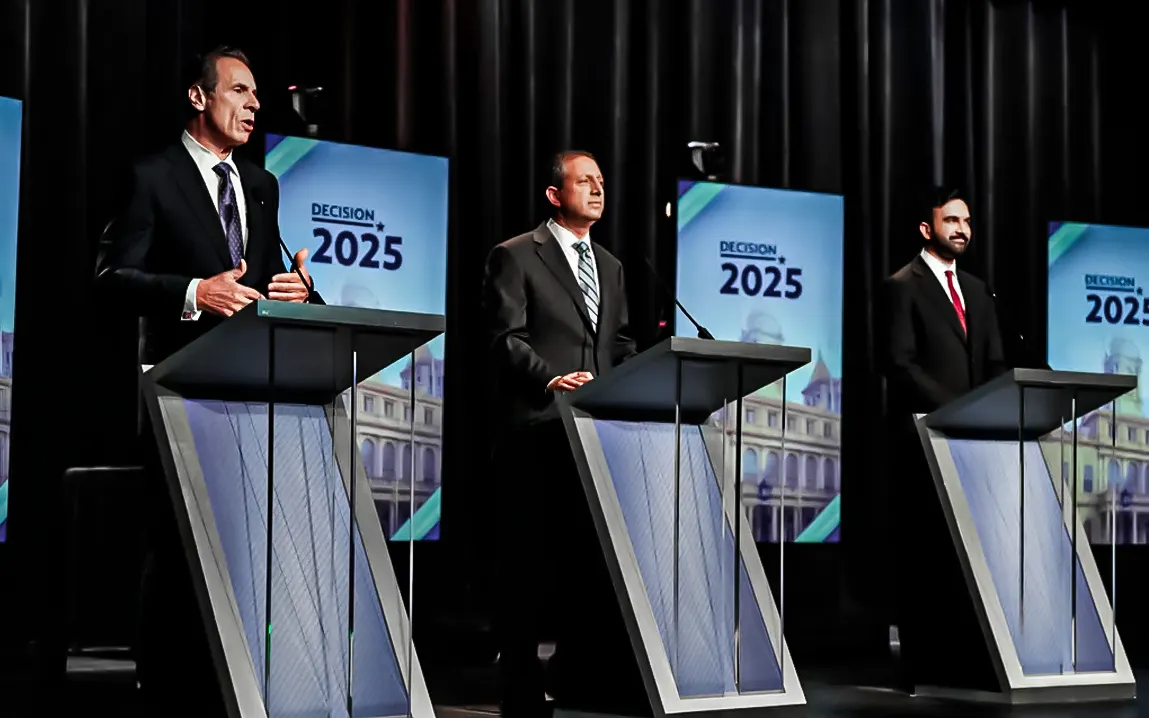A sweeping tax and spending bill backed by former President Donald Trump is moving swiftly toward a vote in the House of Representatives, combining deep tax cuts with a host of restrictions targeting immigrants and low-income Americans.
Formally named the One Big, Beautiful Bill Act, the legislation cleared a key House committee late Wednesday, setting the stage for a final vote within hours. Trump has urged Republicans to support the bill, warning that failure to pass it would be “the ultimate betrayal.”
Child Tax Credit Tightened for Immigrant Families
One of the most consequential provisions reshapes the federal child tax credit, increasing the benefit to $2,500 per child through 2028. However, access will now be restricted to children whose parents possess valid Social Security numbers, excluding undocumented parents, even if their children are U.S. citizens.
The change has sparked concern among immigrant advocacy groups, who say it punishes American-born children for their parents’ status.
New 5% Remittance Tax Targets Non-Citizens
The bill also applies a 5% tax on remittances sent abroad by non-citizens, including immigrants with legal status or green card holders, or workers with legal visas. The tax will take effect on July 4, 2025, and will likely have a profound effect on immigrant communities across the United States who routinely remit funds to family members abroad.
“For example, if you send $1,160—or around ₹100,000—to your parents in India, you may have to pay ₹5,000 more in tax,” said Rajarshi Dasgupta, executive director of tax, in a statement to Business Standard. “That money will be collected by the remittance provider—be it Western Union, MoneyGram or a bank—and passed on to the U.S. government every quarter.”
Cuts to Medicaid and Affordable Care Act Access
The bill aims to reduce Medicaid services along with Affordable Care Act access for people without legal status and some legal residents, such as refugees and temporary workers.
The legislation contains provisions that will increase the number of work requirements that Medicaid recipients have to meet, and this change may affect immigrant workers who hold low-wage or seasonal employment.
The bill received backing from the White House, which explained that the measure “protects Medicaid” since it eliminates benefits for “at least 1.4 million illegal immigrants“.
$12 Billion for Immigration Enforcement and Border Security
A major feature of the bill is its $12 billion allocation to immigration enforcement and border control, including funding for more physical barriers, detention centers, and the hiring of additional federal officers.
According to the conservative Immigration Accountability Project, the bill provides resources for:
- 10,000 additional Immigration and Customs Enforcement (ICE) officers
- 100,000 new detention beds
- More immigration prosecutors and judges
- Additional funding for Customs and Border Protection (CBP) to expand wall construction
“The One Big Beautiful Bill Act… will provide a critical investment in interior immigration enforcement and border security,” the group posted on X (formerly Twitter). “It will be a game changer for the men and women of ICE and CBP who work every day to keep our nation safe.”
The group also praised the bill’s expanded restrictions on access to public benefits such as SNAP, Obamacare, and Medicaid for undocumented migrants. Altogether, $150 billion has been earmarked for enforcement and border protection efforts.
Tax Cuts for the Wealthy, Budget Office Finds
While the bill delivers significant tax reductions, early analysis by the Congressional Budget Office (CBO) suggests that its benefits are heavily skewed toward high-income households.
“In general, resources would decrease for households in the lowest decile (tenth) of the income distribution, whereas resources would increase for households in the highest decile,” the CBO noted in its preliminary report.
Critics Say the Poor Lose Out
Martha Gimbel, executive director and co-founder of the Yale Budget Lab, criticized the bill as a setback for low-income Americans.
“It doesn’t really matter if people at the bottom are getting relatively small tax cuts if they’re losing their health care, they’re losing their SNAP benefits, and they’re having to pay more money in tariffs,” Gimbel told USA Today.
She emphasized that the bill’s design “benefits wealthier Americans at the expense of those relying on public support.”



